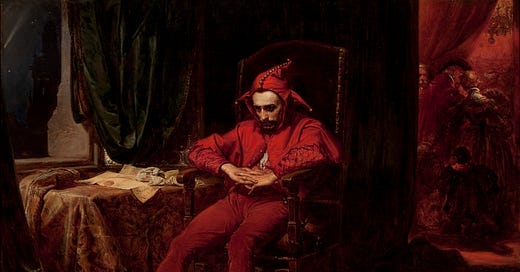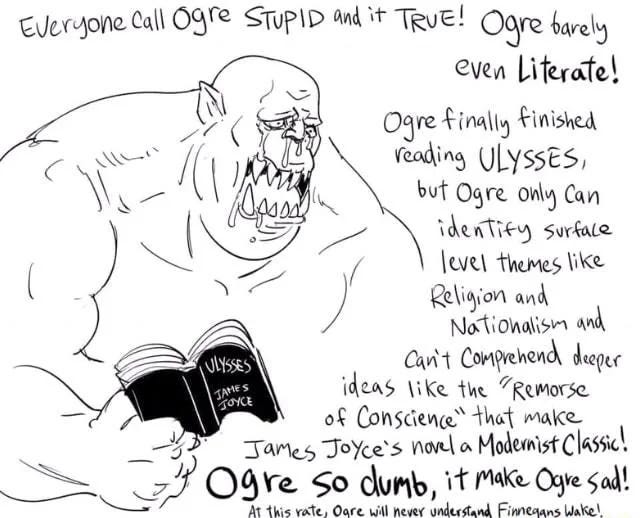I am starved for meaning.
In April, I went on vacation to Mexico with my parents after turning in the first draft of GUARDIANS 4 and brought a few books to read — The Ministry of Time by Kaliane Bradley, which I had been meaning to read forever (and which my mother promptly stole to read herself), and The Plague of Fantasies by Slavoj Žižek, a Slovenian philosopher and cultural critic who is something a favorite among certain leftist intellectual circles. He is also really, really funny.
I did not finish The Plague of Fantasies.
Part of it was that I simply lack the context for Žižek’s worldview; I know very little of Hegel and Lacan, and they form much of the basis of Žižek’s analysis. But mostly it’s because I think I’m too intellectually limited to comprehend the concepts with which he is engaging, despite the copious references to pop culture, are simply too abstract for me to grasp.1
After all, the reason I even picked up The Plague of Fantasies in the first place was not because I wanted to understand the philosophy of fantasy and desire, but the utility of it. I was on my way to lunch with Lemon to celebrate turning in GUARDIANS 4 with Korean food, and decided to listen (again) to the lecture, Writing for Your Id by Dr. Jennifer Lynn Barnes,2 in which she enumerates what she considers the universal pleasures found across bestselling novels from a psychological perspective. After the wholesome joy of Guardians of Dawn, I was ready to dive back in the realm of “sexy” for my next project, which I don’t define as “spicy,” but rather, thrilling.
Dr. Barnes listed several pleasures common in commercial fiction in her lecture — Touch, Beauty, Wealth, Power, Competition, and Danger — but as I have said before, I am starved for meaning. I wanted to know what these so-called universal pleasures meant, or the Point, if you will. For me, a list of universal pleasures is about as effective as a list of tropes; in a vacuum, I find it difficult to care. It’s these pleasures and tropes in context that give them meaning, and it is the meaning I am craving. What do these pleasures or tropes say? What do they signify? Pleasures alone are not enough to thrill me; I am after bigger, deeper highs.
And then I realized it is fantasies I am chasing.
Not the genre, of course, but the broader sense of a desire fulfilled by a fiction. What are fantasies but pleasures given meaning? Why is touch so pleasurable? Why is wealth? Beauty? Power? Competition? What desires do these things fulfill in our collective consciousness?
On the drive to lunch, I started pulling together what I considered universal fantasies. Unlike Dr. Barnes, I cannot claim a background in psychology or even philosophy; I’m just a neurodivergent troll who thinks too much. But in those forty minutes, I thought of bestselling commercial books, and tried to find commonalities of fantasies contained with them.
In the end, I came up with seven:
The fantasy of being chosen, which fulfills the desire to be special.
The fantasy of being cherished, which fulfills the desire to be cared for.
The fantasy of being wanted, which fulfills the desire to be esteemed.
The fantasy of vindication, which fulfills the desire to be righteous.
The fantasy of power, which fulfills the desire for status.
The fantasy of the forbidden, which fulfills the desire for inclusion at the exclusion of others.
The fantasy of belonging, which fulfills the desire for community or family.
Fantasies, of course, can be combined in many different ways, but when I think about the universal pleasures described by Dr. Barnes, they can fall into one or more or these fantasies. Touch can be cherished or belonging, wealth can be power, beauty can be chosen or wanted, competition can be chosen or vindication, and danger can be forbidden or power, and so on.
And what about tropes? What is dark academia but the fantasy of the forbidden? What is a love triangle but the fantasy of being wanted and chosen? What is enemies to lovers but the combined fantasies of every single one on my list? (This is probably why it reigns supreme as a trope.)





